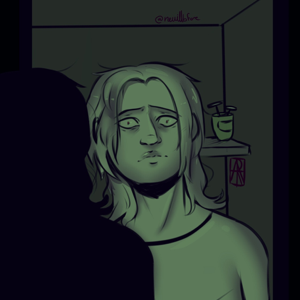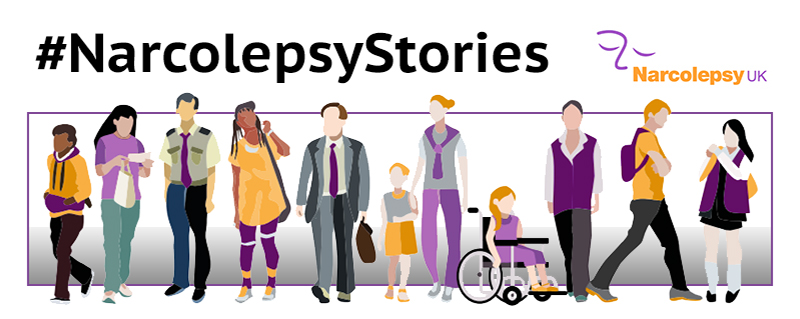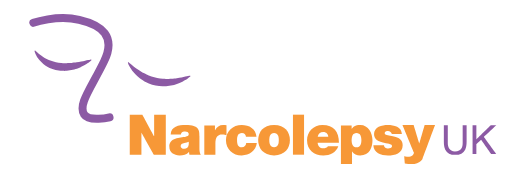One day I was a child who could get up at 6am and stay awake until late in the evening. The next I just couldn’t stay awake. About a year on, I experienced cataplexy quite suddenly. It was not gradual like the tiredness. I would collapse whenever I laughed or even just with the joy of seeing friends.
If a child came to you with seizure-like symptoms wouldn’t you take them a little more seriously?
I must have been thirteen when I first went to the doctors with my symptoms, but these were just dismissed as being normal for a teenager. I kept going back. I never stopped. I described my cataplexy clearly. I was still ignored. If a child came to you with seizure-like symptoms wouldn’t you take them a little more seriously?
Soon after I’d graduated from secondary school, I had an asthma attack that resulted in being hospitalized. While I was there, I broke down. I had slept through all my exams and I knew that I’d failed them. I begged for help. It felt degrading but I was completely lost. It is sad that it took me to reach this point to get someone to listen.
I was diagnosed within a year, but this was still more than six years after the onset of my symptoms and too late to save my education. I feel so sad I lost all those years because my doctors wouldn’t help. Maybe if I had my diagnosis before my GCSEs, I might have a future. It is painful watching everyone you know head off to university while you have been denied this opportunity. So when the Narcolepsy Charter states that people with narcolepsy have a right to an early diagnosis, this really resonates with me.
I am now 21 and although I have a diagnosis, I have become something of a hypochondriac, forever afraid that my doctor is missing something else that needs to be taken seriously. When I went to him after coming out of hospital, he had not even bothered to read my updated notes and still knew nothing of narcolepsy. I had to educate my own doctor, so I can’t rely on him for help with my disability. I know my sleep specialist can give support, but he is more than an hour away and I can’t drive.
This is where Narcolepsy UK comes in, because there is a whole community I can talk to and I know I will be understood and helped. It has given me back a sense of normality. I don’t participate in the gatherings. I don’t have the confidence. I plan to one day. But I still feel robbed.
The image accompanying this post is a self-portrait drawn after a sleep attack that lasted a while. I wanted to capture the giant bags under my eyes, my unbrushed hair and the pain of hating this part of myself.


This post is part of Narcolepsy UK’s #NarcolepsyStories project, where people with narcolepsy write frankly about what it’s like to live with this debilitating disability.
Narcolepsy is a spectrum disorder that affects everyone differently. However, people with narcolepsy will always find they have a lot in common, sharing their experience of the difficulty in securing a diagnosis, the years it takes to find a suite of medications that helps combat symptoms, the effect that extreme sleepiness can have on education, work and relationships and impact that cataplexy can have on confidence.
It is our hope at Narcolepsy UK that the #NarcolepsyStories project will contribute to our vision as set out in the #NarcolepsyUKCharter to provide the respect, care and support that people living with narcolepsy and their carers deserve.
How can you help?
- Spread the word by sharing these stories on your social media channels, using the hashtag #NarcolepsyStories.
- Put your signature to the #NarcolepsyUKCharter.
- Make a donation to Narcolepsy UK.
- Contribute your own story to the project by sending an email to stories@narcolepsy.org.uk.
